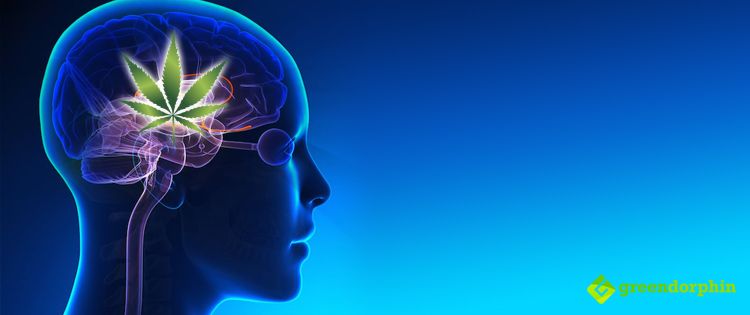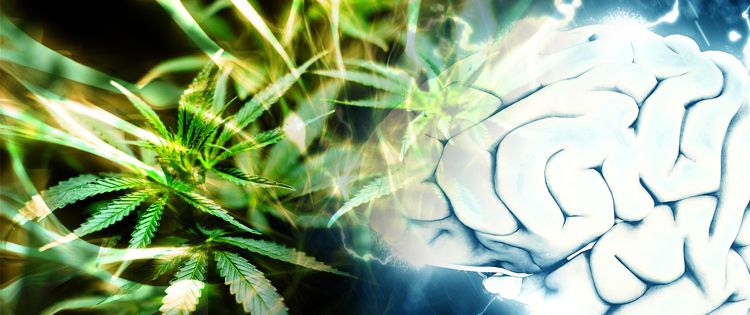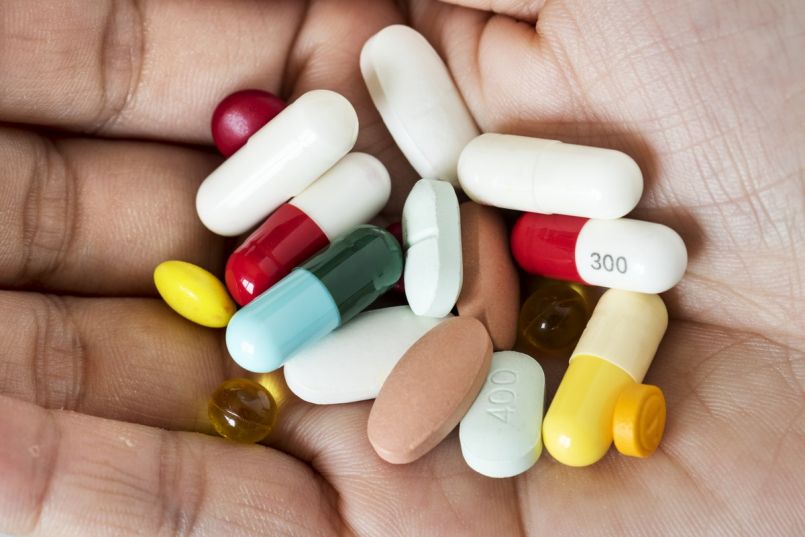At last count, upwards of 17 million Americans have experienced some form of depression. Sixty-four percent of them considered their experience debilitating.
If you have any experience with depression, the idea of having the wind knocked out of you by a rogue depressive episode is not surprising – merely a nagging fact of life.
Over the years, there have been various treatments proposed, and some of them even work. Some experts suggest things like exercise, healthy eating or meditation to help manage the symptoms of depression, but generally, physicians will suggest medication.
Anti-depressants are incredibly effective for many people. Unfortunately, anti-depressants can take months to be fully effective and can come with a whole slew of side effects. Users report nausea, dizziness, weight gain, and decreased libido.
There is, however, promising evidence that CBD could be an effective supplement to your mental health care regiment.
What Causes Depression?
Fascinating emerging research purports that the cause of depression might not be serotonin deficiency like experts previously thought.

Neural Plasticity
New neurological studies suggest that depression might actually be caused by a shrinking or atrophied section of the brain called the hippocampus, the area that regulates memory, learning and emotion.
In a healthy brain, neurological cells grow and change as we do, learning and evolving as we get older. This is called neural plasticity. The theory is that in people with depression, this neural plasticity is stunted, resulting in problems with regulating your mood.
Yes, this could contribute to an imbalance of brain chemicals, but now scientists are starting to believe that maybe the imbalance is a symptom, rather than the mechanism driving depression.
This means that their understanding of what makes anti-depressants work is also slightly off. It turns out that maybe, instead of the medication affecting chemical imbalances, it affects the regrowth of neural pathways, which explains why sometimes it can take months to work.
Inflammation
Depression is not an inflammatory disease, researchers are sure of that, however, they have proven that inflammation can affect your behavior, including your mood.
Studies have found that in addition to atrophy of the hippocampus, chronic inflammation in the body can also contribute to depression.
What Does This Have to Do with CBD?
Endocannabinoid System
The endocannabinoid system is a collection of receptors that appear throughout your body and affect pretty much everything.

How does it work? You’ve probably heard of serotonin and dopamine. They are chemical messengers used by the nervous system. In the endocannabinoid system, these messengers are called endocannabinoids. They bind with cannabinoid receptors to affect all of the mechanisms we talked about earlier.
When CBD is introduced into the picture, it doesn’t bind with the receptors directly, it changes the receptors’ ability to bind with other cannabinoids, and increases the concentration of endocannabinoids.
How CBD Helps
According to new studies, CBD has incredible neural regenerative properties. Our central nervous system, the system that controls pretty much everything and is made up of our brain and spinal cord, contains many endocannabinoid receptors.
It turns out that these receptors are involved in regenerating and repairing faulty pathways in the brain.
The theory is, when you take CBD, it affects these receptors, stimulating the neurogenesis we talked about earlier, which could help people recover from depression. Scientists aren’t totally sure how it happens yet.
This is not to say that CBD is the new ‘miracle cure’ for depression.
Depression is many things in addition to the physiological. It can be caused by genetics, or other medical conditions, or by trauma.
Often those of us with depression tend to fall into negative thought patterns or isolate ourselves. Those types of symptoms aren’t going to be cured overnight by a tincture, unfortunately, but this new research shows that CBD could be a valuable ally in recovery.

If You’re Taking Anti-Depressants
Before you make any major decisions about your mental health, please consult your doctor.
DO NOT, I repeat, DO NOT discontinue your medication without medical supervision. Trust me on this one, it can be incredibly dangerous. This article is not to be used in place of a doctor’s recommendation.
Having said that, there is some research that says CBD might interact with your antidepressants or anti-anxiety medications.
CBD can affect the concentration of certain drugs in your system, like benzodiazepines and antidepressants. There haven’t been a lot of studies done yet on what happens when you take CBD while on antidepressants, but according to Peter Grinspoon, M.D., who teaches at Harvard Medical School, it’s not a huge deal.
When asked about it by Bustle he said that the interactions were more hypothetical than real and that as of yet there is no real cause for concern.
You should still talk to your doctor though.
Conclusion
It may take a little bit of experimentation, but it certainly seems like CBD has promising effects for those of us suffering from melancholia.
Of course, there is no magic oil that will cure depression for good, but along with positive lifestyle changes and stress management CBD oil could make managing it much easier.
Have you tried CBD to assist with your depression recovery? Share your experience in the comments below!
- Depression Recovery: Is CBD Right For You? - February 13, 2020


